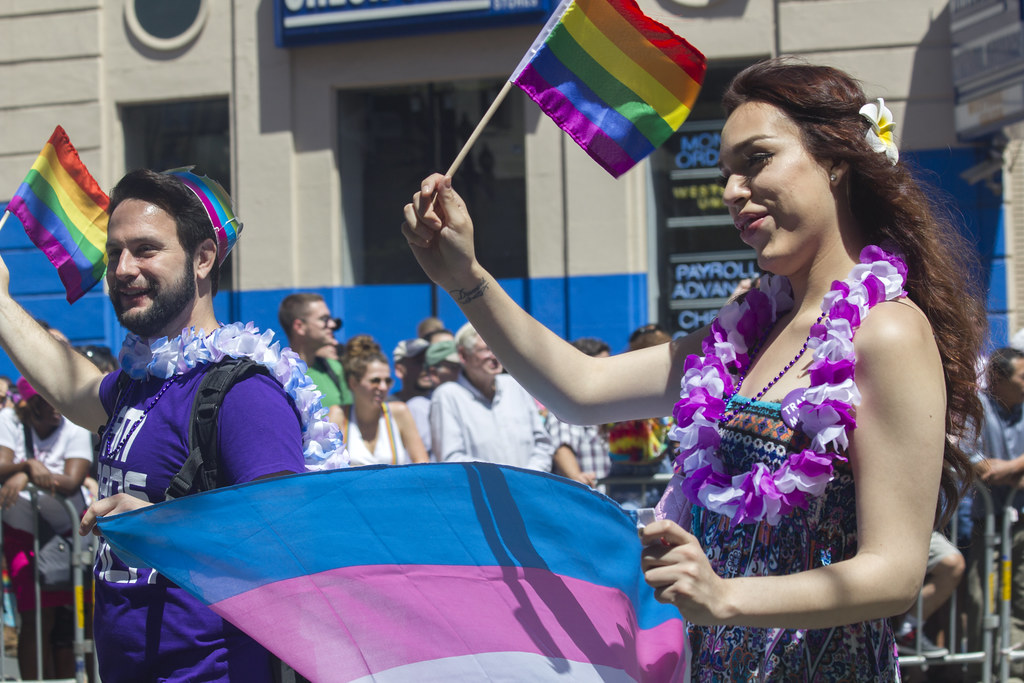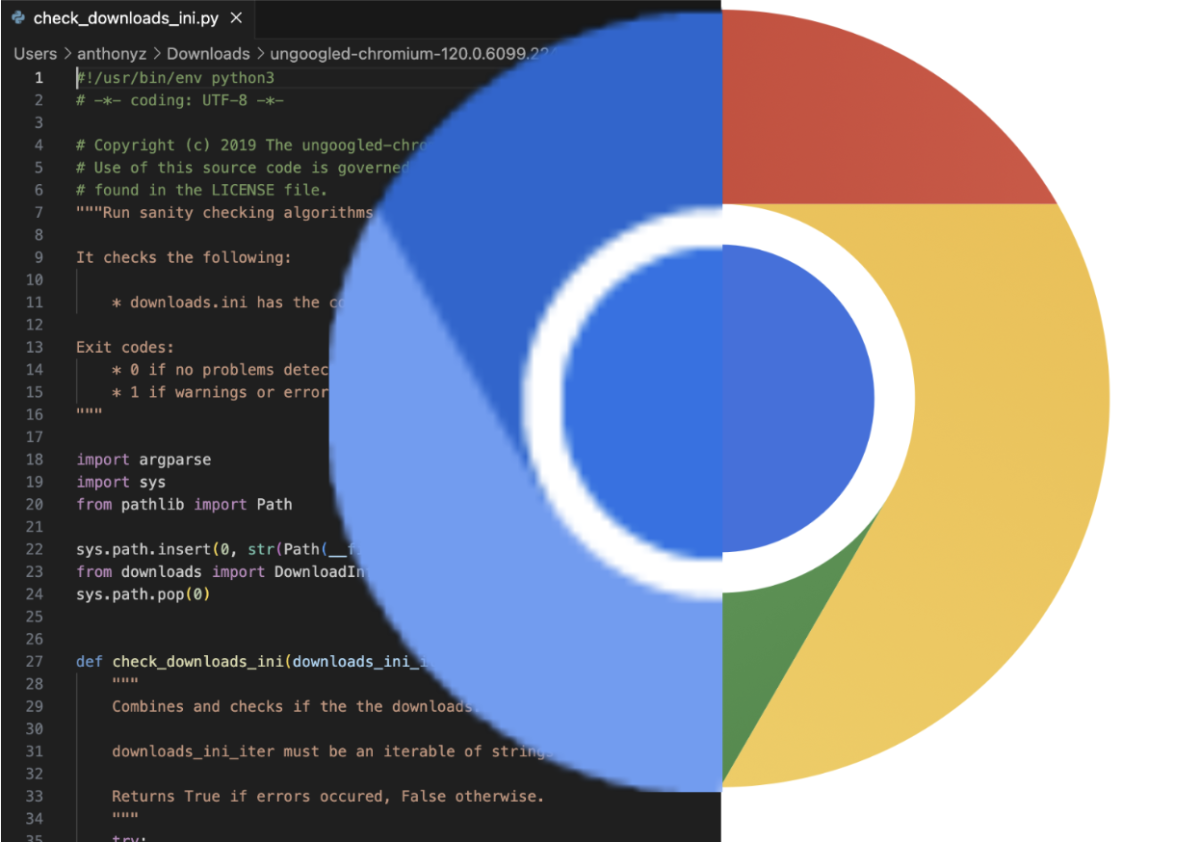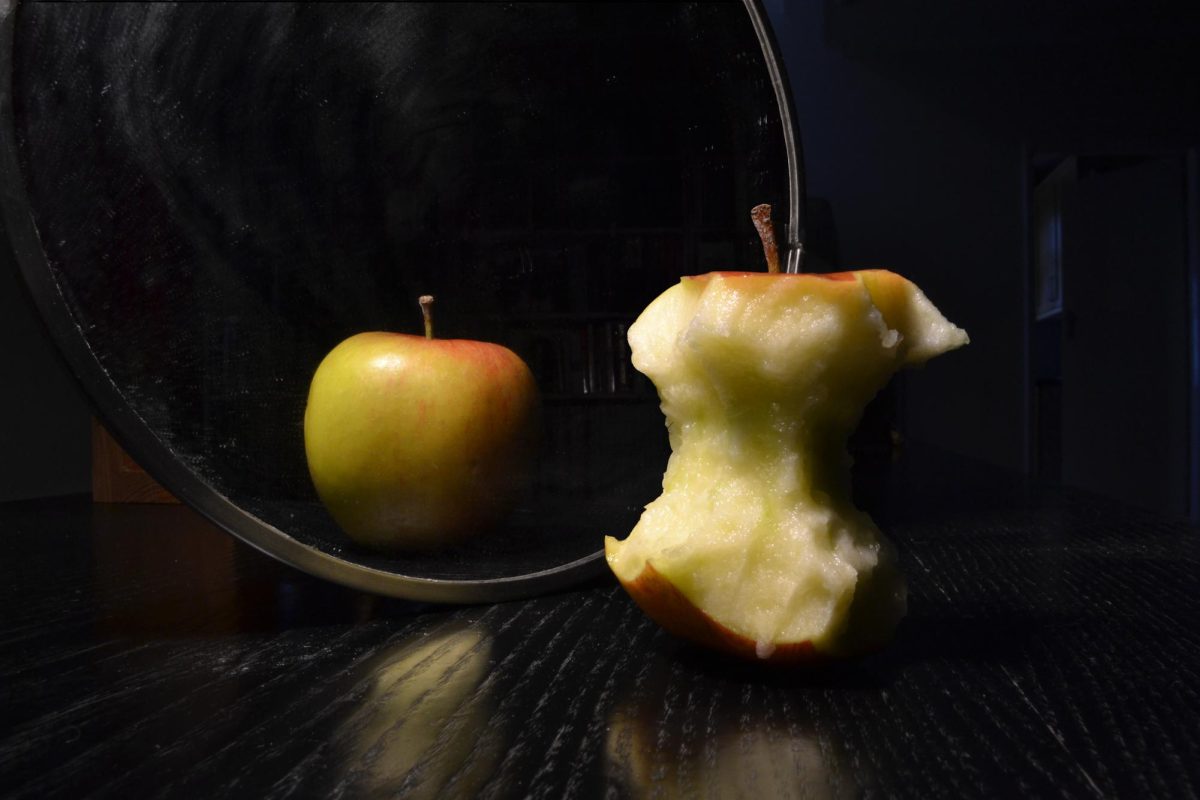Lesbian, gay, bisexual, transgender, and queer (LGBTQ+) representation is currently a hot topic in the media because of recent laws regarding the community’s rights. Some of these laws push towards further acceptance, while others aim to do the opposite, such as the proposed Arizona Senate Bill 1040 that would force transgender students to use the restrooms of their biological sex only. The LGBTQ+ community is a highly politicized topic, and it is discussed in many different contexts, such as in sports, schools, and other circles.
The acting industry is also one of these circles. Many social media users have shared their opinions on whether or not all actors should be able to play LGBTQ+ roles, or whether the roles should be restricted to LGBTQ+ actors only.
“Whoever said [LGBTQ+ actors should play LGBTQ+ roles] is misinformed and uneducated,” Reddit user Jayjune28 said. “Gay actors have played straight roles for years and vice versa.”
Despite some of the opinions displayed on social media, I believe LGBTQ+ actors should be prioritized over non-LGBTQ+ actors for LGBTQ+ roles. This is because it is important to make spaces for minorities to thrive in each industry, particularly cinema.
This issue of misrepresentation is significant for all of us. As consumers and as individuals with online presences, the movies and shows we choose to watch and what casting decisions we choose to denounce online hold a large amount of power.
When minority groups are well represented in films, the industry provides a platform for diverse storytelling and creates a sense of acceptance and belonging for viewers who identify with these groups. It’s important to take a stance on this issue to send a powerful message of acceptance and support to LGBTQ+ performers, and to push the industry into opening doors for them since so many other doors have been closed due to their identities.
50% of lesbian, bisexual, and gay performers have reported they’ve heard producers and directors make anti-gay remarks, according to a survey by the UCLA Williams Institute. The data shows an inherent bias against LGBTQ+ people in the acting industry and that they are potentially subject to discrimination based on their sexual orientation.
These actors face challenges in being open about their identities and in casting, which is described in the same survey. The survey shows that LGBTQ+ actors are denied roles for no reason other than their identities, with 34% of non-LGBTQ+ performers and 53% of LGBTQ+ performers reporting a bias in hiring. Even when cast, they still have to suffer through homophobic and transphobic remarks. If LGBTQ+ communities are prioritized for roles they identify with, cinema can slowly begin to fix this deep-rooted discrimination.
Putting aside the fact that LGBTQ+ people are disadvantaged in the film industry, we need to also consider that in other aspects of life, LGBTQ+ people are greatly discriminated against. The FBI reported that there were 2,416 hate crimes against people due to their sexual orientation or gender identity throughout 2022 in the United States. Additionally, research by the Pew Research Center showed that 37% of Americans were still against same-sex marriage in 2022.
These numbers make it clear that LGBTQ+ people face negative pressure from society, already placing them in an underprivileged position. Now compound this to the discrimination faced in the acting industry. How are actors meant to succeed while openly in the LGBTQ+ community? They face hardships in their careers and personal lives, and some to even greater extents due to their race or gender. It’s just not realistic to say they are on an equal playing field as other actors.
So, why are non-LGBTQ+ actors prioritized just as much, if not more, for LGBTQ+ roles? LGBTQ+ actors face bias at every corner of their lives and deserve to be given opportunities since so many are taken from them for the wrong reasons. There is not one sound reason why straight actors should be automatically prioritized.
This issue is much more prevalent than one would expect. In many TV shows and movies, straight actors have been found playing LGBTQ+ characters. Eric Allan Stonestreet, who plays Cameron Tucker (Cam), a gay man from the hit show Modern Family, confirmed that he identifies as a heterosexual. While this specific choice is not inherently problematic, the trend of straight actors playing gay roles or cis actors playing trans roles is not right, since it takes away opportunities for LGBTQ+ people to tell their own stories. Why could Cam not have been played by an LGBTQ+ actor?
Another example, in this case, a cisgender woman who was cast as a trans man, is Scarlett Johansson. After being cast in the movie “Rub & Tug” as a character who identifies as trans, Johansson eventually dropped out of the role in response to the criticism she received. Through the voices of many trans people and allies, she came to understand the issue with her taking the role, which led her to apologize for taking the role in the first place. Not only does this example show the prevalence of this issue, but it also reflects the power that people’s voices hold to educate people and encourage them to do what’s right.
Many people say that the point of acting is to simply act and that sexual orientation does not matter. But it is naive to ignore that, as previously mentioned, getting cast is more difficult for LGBTQ+ actors, and thus they have fewer opportunities in the industry.
Featuring LGBTQ+ roles is not enough. They should be played by LGBTQ+ actors to diversify the acting world. At this time in history, we can no longer afford to be naive. It’s time for us to lift historically marginalized communities and help make spaces for them, even when it’s difficult.
By Jeremy Loko






































































